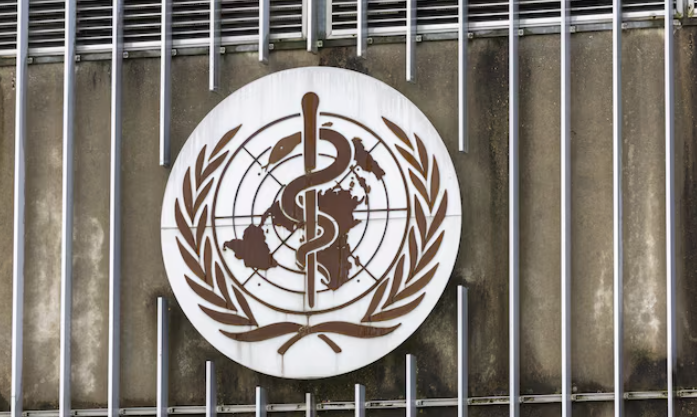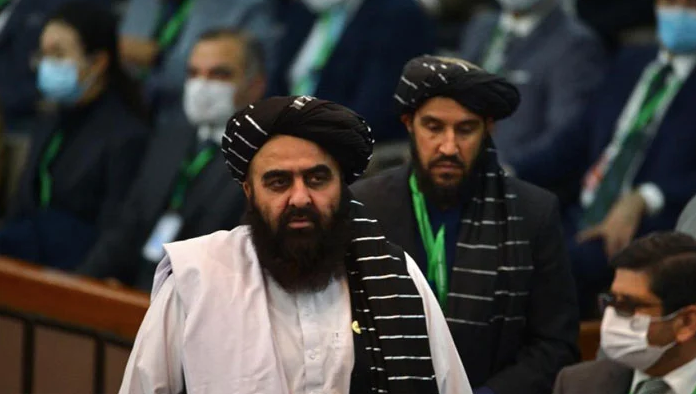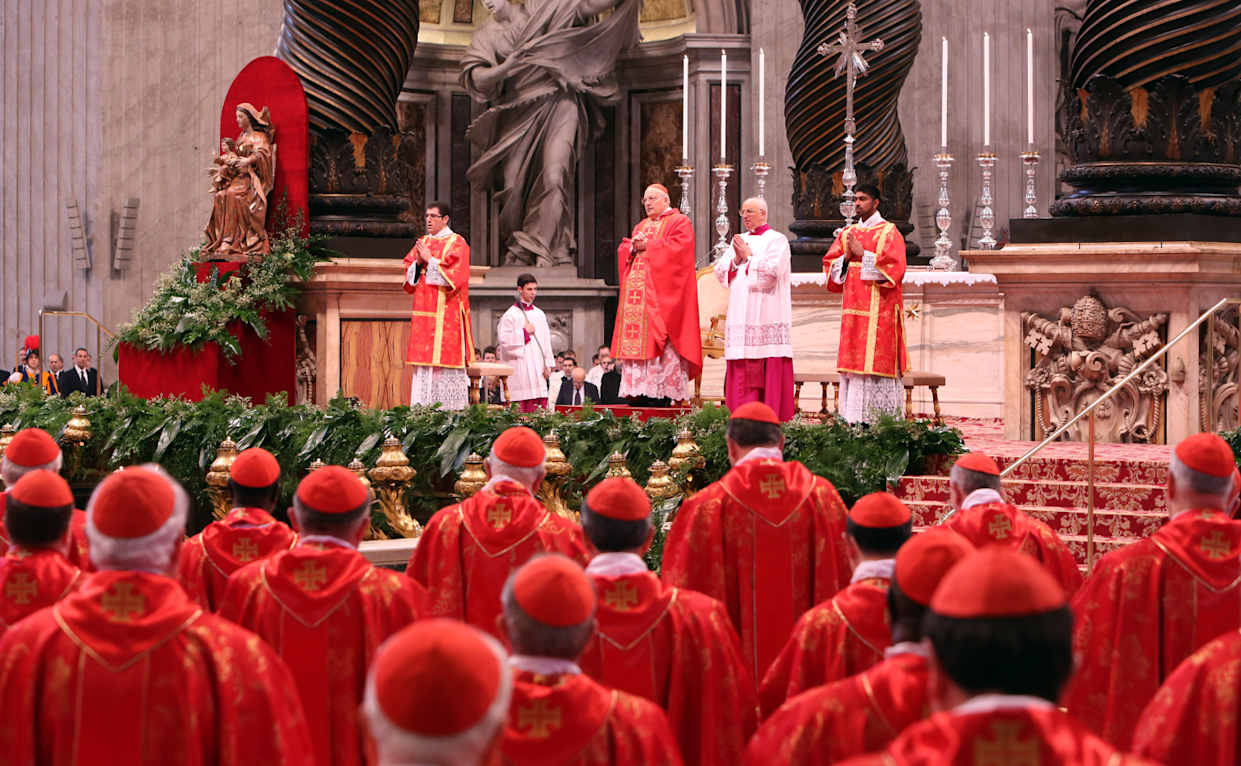WORLD NEWS

President Donald Trump has announced that the United States will officially withdraw from the World Health Organization (WHO), accusing the global health agency of mishandling the COVID-19 pandemic and being politically influenced by its member states. The decision, which sets a 12-month notice period, marks the U.S.'s departure from its role as the WHO’s largest financial contributor.
Trump’s Criticism of WHO and Global Health Agencies
Speaking at the signing of an executive order, Trump criticized the WHO for its failure to act independently from political pressures and for imposing “unfairly onerous payments” on the U.S. compared to other larger nations, such as China. He expressed his frustration with what he described as the WHO’s lack of accountability, declaring that the organization had "ripped off" the U.S. and that such practices would no longer be tolerated.
Trump also highlighted the disparity in contributions to the WHO, pointing out that the U.S. has been the largest donor, contributing approximately 18% of the WHO’s total funding, a sum far higher than other countries.
WHO’s Response and Global Reactions
In response to Trump’s move, the WHO expressed regret over the decision, with spokesperson Tarik Jasarević urging the U.S. to reconsider its withdrawal. The WHO emphasized the need for ongoing dialogue to ensure that global health efforts benefit everyone, including Americans, and people around the world.
The U.S. decision has drawn concern from various global health experts, who warn that this withdrawal could put crucial health programs at risk, including those addressing tuberculosis, HIV/AIDS, and other pressing global health crises.
Trump’s Executive Order and Future Steps
Trump's executive order also indicated that the U.S. would cease negotiations regarding the WHO pandemic treaty while the withdrawal process is ongoing. Additionally, U.S. personnel currently working with the WHO will be recalled, and the government will seek other partners to take over necessary WHO programs. The U.S. government will also review and replace its 2024 Global Health Security Strategy.
Despite Trump's move, other key global health donors, including the Bill and Melinda Gates Foundation, have expressed their support for strengthening the WHO. Mark Suzman, CEO of the Gates Foundation, reiterated the foundation’s commitment to continue advocating for the WHO’s critical role in global health.
Germany, the second-largest state donor to the WHO, has expressed hope that diplomatic efforts can convince Trump to reconsider. In a statement, Germany's health minister called for continued support for the organization.
China’s Response
China's foreign ministry responded to the U.S. withdrawal by emphasizing that the WHO’s role in global health governance should be reinforced, not weakened. Spokesperson Guo Jiakun reiterated China’s commitment to supporting the WHO and enhancing international public health cooperation.
Impact and Future of Global Health Cooperation
The U.S.'s departure from the WHO could significantly alter the landscape of global health cooperation, potentially undermining vital health initiatives worldwide. While Trump’s administration cited the organization’s handling of COVID-19 as a primary reason for the exit, critics argue that the move could weaken global efforts to tackle health crises such as pandemics, infectious diseases, and vaccine distribution.
This decision comes after Trump's earlier attempt to leave the WHO in 2020, which was halted by incoming President Joe Biden in January 2021. The U.S. withdrawal will require the payment of outstanding fees, and the next year will be crucial in determining the future role of the United States in shaping global health policy.




